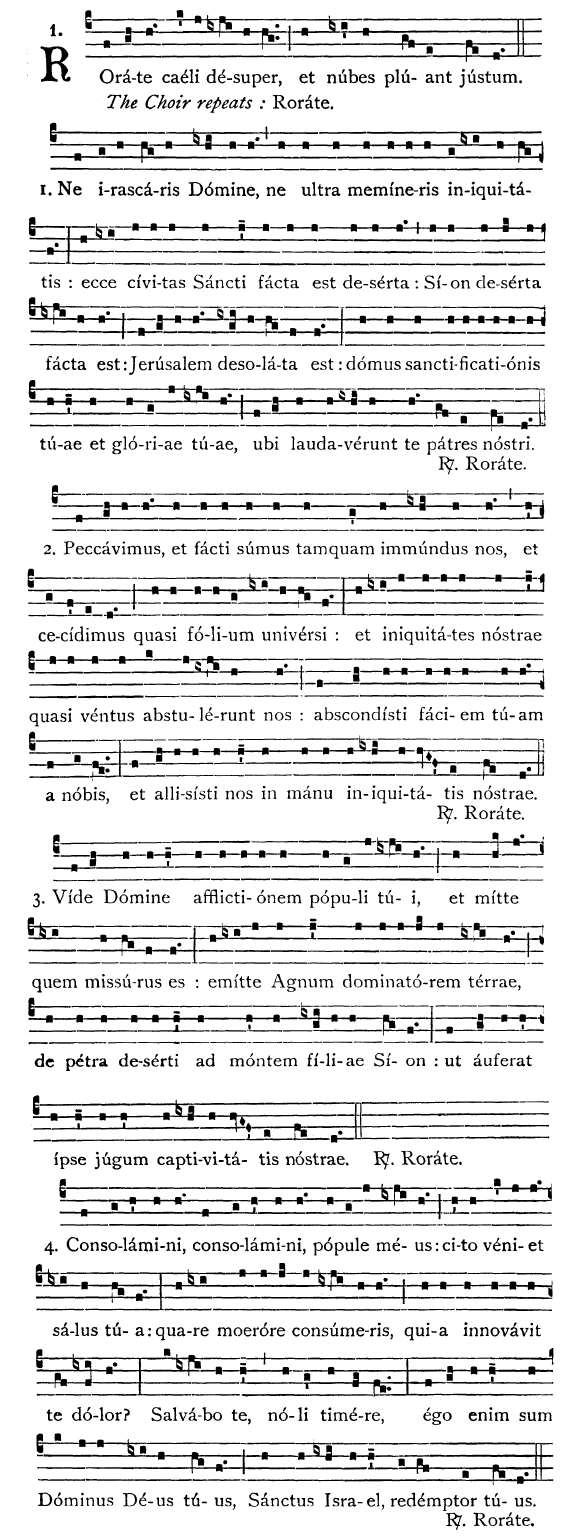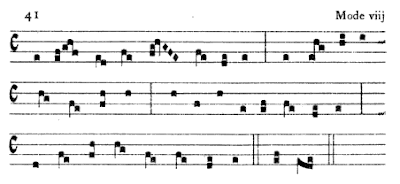As always, FHD has something beautiful for the new season:
The readings from Scripture on the calendar are throughout from the Old Testament - Genesis through the Prophets - and Revelation. Clearly the idea is to point to Christ as Alpha and Omega - and just at the time he enters the world to "consecrate it with his most loving presence." Quite a wonderful way to move through Advent, I'd say.
Finding ourselves a bit frustrated by Advent Calendars that are more about Christmas than Advent, we decided to try our hand at creating our own online Advent Calendar. The background for our calendar [below] is a Jesse Tree on an ivory panel from Bavaria, c. 1200, which is now at the Louvre Museum in Paris. (Click here for more information about this piece.) As is the case with most Advent calendars, ours begins on December 1st, rather than the First Sunday of Advent. That simply means that in some years you will have to start the calendar a day or two before Advent begins, while in other years, it will not have enough days. Click on the numbers to follow a link for each day of December leading up to Christmas. All of the numbers are linked, so you can jump ahead if you want, but we recommend discipline and doing one page a day. The Jesse Tree provides one of the themes of the project: the ancient faith history of the people of God as the forebears of the Messiah lived it. The calendar also looks forward to the culmination of God's plan at the end of time, linking the faith history of the past with John's grand apocalyptic vision in the Book of Revelation.
More about Advent on Full Homely Divinity:
Rediscovering Advent
The Saints of Advent
Hymns of Advent
A Devotion for the Last Days of Advent
The readings from Scripture on the calendar are throughout from the Old Testament - Genesis through the Prophets - and Revelation. Clearly the idea is to point to Christ as Alpha and Omega - and just at the time he enters the world to "consecrate it with his most loving presence." Quite a wonderful way to move through Advent, I'd say.




















